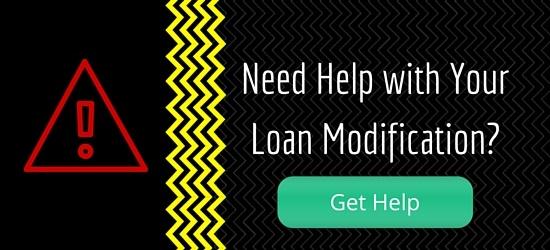 The rate of American homeowners with negative equity fell to 13.4% in the third quarter of 2015, according to real estate company Zillow. That's down one percentage point from the second quarter of 2015 and represents the 14th consecutive quarter of falling negative equity rates.
The rate of American homeowners with negative equity fell to 13.4% in the third quarter of 2015, according to real estate company Zillow. That's down one percentage point from the second quarter of 2015 and represents the 14th consecutive quarter of falling negative equity rates.
It's good news that the positive trend continues, but millions of homeowners remain in negative equity and in need of a solution.
Negative equity is also called being underwater or upside down, and it means that the market value of your home is less than the amount you owe on the loan. That means the home can't be sold unless you pay the difference between the home's sale price and what you owe on the loan. If you don't have that much cash, you're stuck in the home.
That may not be a big deal if you don't want or need to sell the home and still have enough income to afford the payments. But when you experience a hardship that makes your mortgage payments unaffordable and can't sell the home because it's worth less than you owe on it, then you're really in a tough spot. You're being squeezed from both sides.
So what are the ways to get out of, or reduce, negative equity?
- Do nothing. If you can afford your mortgage, you can wait until home prices rise or you pay off enough principal to have equity. Depending on how far underwater you are and the way your loan is structured, this could take many years.
- Refinance. This replaces your old loan with a new one with different terms. It can take advantage of lower interest rates or stretch the loan out over a longer period of time to lower the payment. Refinancing usually requires the homeowner to have equity, but the federal government's Home Affordable Refinance Program (HARP) allows qualified borrowers to refinance their underwater loan. The loan must be owned by Fannie Mae or Freddie Mac and the borrower should not have missed any payments in the 12 months before refinancing. More details on qualifying can be found at harp.gov.
- Loan modification. This involves permanently changing one or more of the terms of your loan to make the monthly payment more affordable. A principal reduction is possible with a loan modification, which reduces negative equity, but it's not promised. This is one of the only options for homeowners who have missed payments and don't have the income to afford their loan under its current terms. Lenders may modify a loan under terms of the government's Home Affordable Modification Program (HAMP) or with their own in-house programs. Loan modification applications are complex and most homeowners who apply on their own are denied.
- Get out with a short sale or deed in lieu of foreclosure agreement. A short sale is when the lender agrees to let the home be sold for less than is owed on the loan. The process can take some time and effort, but banks are open to solutions that cost them less than foreclosure. A deed in lieu of foreclosure agreement allows you to give ownership of your home to the bank in exchange for canceling the loan. Remember to get a deficiency judgment waiver with either of these agreements or else you could be responsible for paying the deficient amount.
What you do about your negative equity situation depends on whether or not you can afford your mortgage payment. If you can, you can try to wait it out until you're above water. If not, you need to do something to make your payment affordable or get out of your loan. Otherwise, you'll eventually be foreclosed on. Short sale, deed in lieu, and loan modifications may not be ideal, but they're better than foreclosure.
Being underwater is the opposite of what every homeowner expected to happen when they purchased their home. You expect your car to go down in value, not your home. A house is supposed to steadily increase in value. But the recession and decline in housing prices from the peak has changed that for millions of people and is forcing them to cope with a different reality.
A mortgage loan involves so much money, and is so consequential that you should consider retaining an attorney to represent and advise you. There may be ways to improve your situation and keep your home that you're not aware of if you're not well-versed in the laws and procedures pertaining to foreclosure. Even if you can't keep your home, an attorney can help you get all of the time in it that you're entitled to under the law.
Image courtesy of jesadaphorn at FreeDigitalPhotos.net










